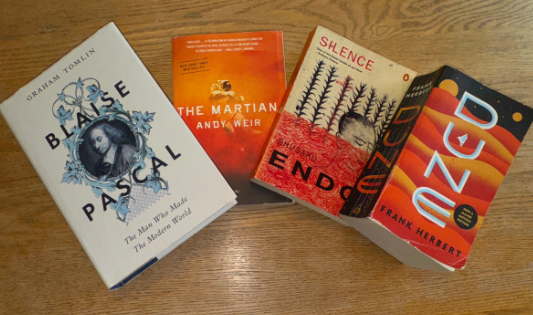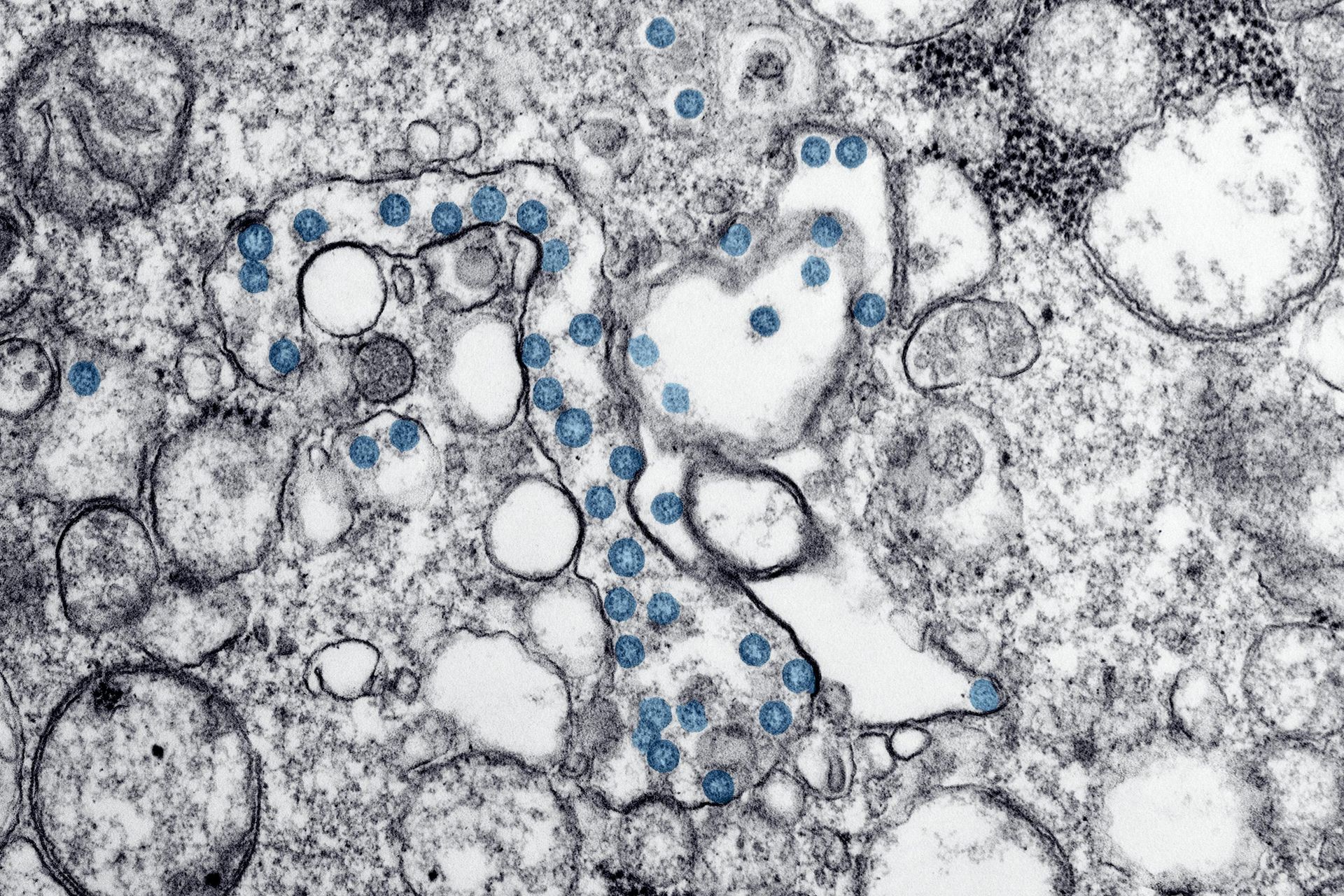the good doctor On: Vitamin A In The World At Large

Blog Vol.II, # 12. Vitamin A In The World At Large
Beta carotene is a carotenoid that the body converts into vitamin A. It is very important for overall health, especially for eye health. Vitamin A helps prevent eye dryness and macular degeneration, and helps maintain general retinal health. Excellent sources of vitamin A are carrots and sweet potatoes; the Daily Value needed is 5000 IU.
In developed countries there is little difficulty in consuming the daily vitamin A requirement, but in 2/3 world zones it is a lot more difficult. Vitamin A deficiency can cause childhood blindness, with 250,000 to 500,000 children affected annually. Blindness is not the only danger, numbers of immune-suppressed children also die from lack of vitamin A.
In the last two decades, scientists have been developing a genetically modified form of rice that has Beta carotene as part of its grain. Vitamin A deficiency has been a problem for a long time in many countries and public health administrators have tried various things including distributing capsules to the vulnerable which has helped to reduce cases, but the logistics are difficult and costly. As a solution available and affordable to all, the Philippines has passed legislation to allow the growing of this genetically modified, vitamin A-rich rice on its fields. It is called Golden Rice and a cup of it taken daily will provide up to half of the needed vitamin A for a child.
This technology has not been embraced in a large portion of the world. Genetically modified organisms are controversial. With any new technology, there are good and bad consequences and these can be hard to discern especially the longterm consequences. With GMO’s, one big concern is the reducing of our biodiversity by promoting narrower ranges of cultivars, and thus making us more susceptible to crop failure or disease on a large scale. Further concerns include the ownership of seeds, raising questions about corporate responsibility and copyright, as well as the possible risks of introducing a “foreign” component into already stressed ecosystems. If the last year and a half has taught us anything, we need to try to keep healthcare from becoming too political. The endless cycle of polarizations has to stop, there are millions of lives involved, while media outlets, interest groups, and legislators play a dangerous game of political chess.
Ideally, we can all come together and take a real hard look at each new advancement as it is introduced and debate each one on its own merits, addressing the possible fallout and ramifications. What the Philippine’s government has done here is to be lauded. After much consideration and research, they have taken a viable food crop and are using it to help save countless lives and prevent blindness.
Til next week,
the good doctor, Dr. Mark Germain, Burlington Optometrist






